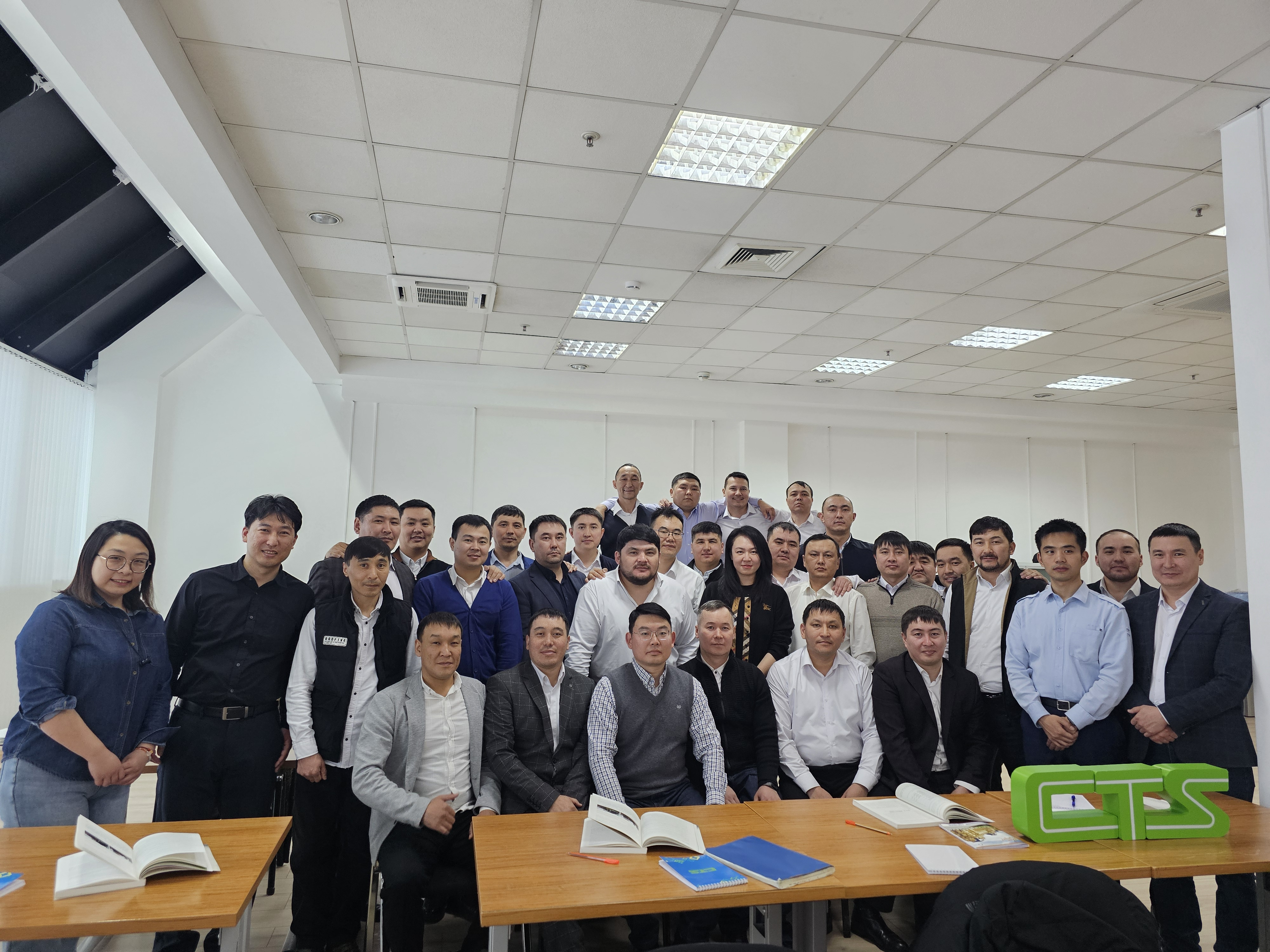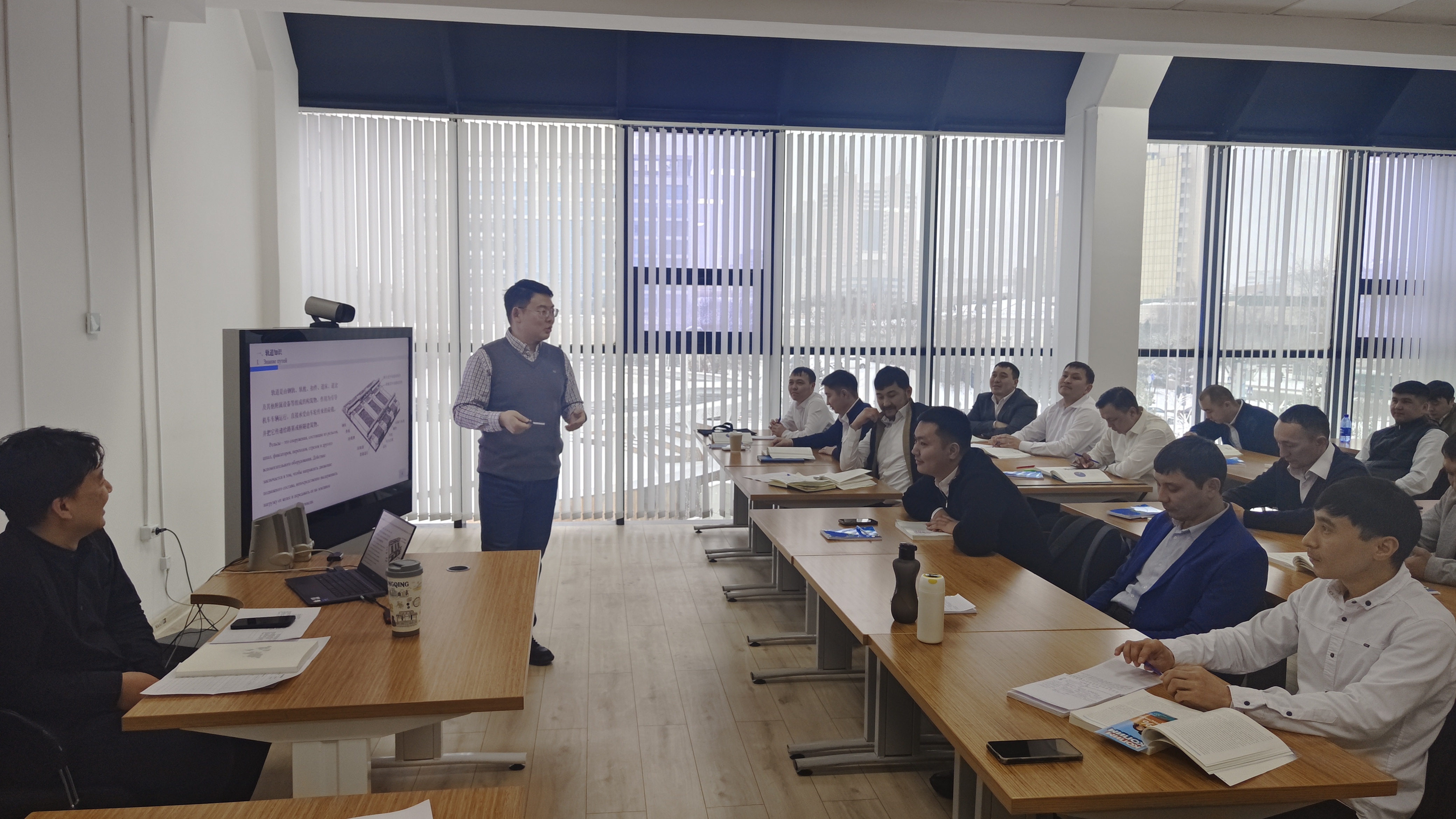Integrating industry and education to build an international bridge for the Belt and Road Initiative, localized training ushers in a new chapter for Sino-Kazakh rail cooperation. From February 28 to March 23, Dr. Qiao Cong, Vice Dean of the International Education College of ZZRVTC, traveled to Astana, the capital of Kazakhstan, to successfully complete the Astana Light Rail First Batch of Driver Training Program. This training program is a significant achievement under the framework of Sino-Kazakh cooperation within the Belt and Road Initiative, with 29 employees from Astana Urban Rail System Company participating in the training jointly organized by ZZRVTC and Tianjin Rail Transit Group.


This overseas training marks ZZRVTC's first rail transit training program targeting the Central Asian region. The International Affairs Office and the International Education School tailored bilingual Chinese-Russian training materials and curricula for the Astana light rail drivers. Over nearly a month, the trainees systematically studied topics such as urban rail automatic driving, communication signals, power supply, operational safety, train organization, and electrical braking. The training received high praise from the Kazakh government, the light rail company, and the trainees.
The successful completion of this training not only enhanced the professional capabilities of Kazakh technical personnel but also laid a solid foundation for long-term cooperation between China and Kazakhstan in the field of transportation infrastructure. Moving forward, ZZRVTC will continue to deepen international cooperation under the guidance of the national Belt and Road Initiative, advancing the integration of industry and education to new heights and providing strong intellectual support for the global promotion of Chinese rail transit technology standards.
It is worth noting that the Astana Light Rail is Kazakhstan's first urban light rail system and the first rail transit project in Central Asia built entirely using Chinese standards and equipment. The project spans 21.39 kilometers and is constructed by China Railway Asia-Europe Construction Investment Co., Ltd. It is expected to commence commercial operations by the end of 2025.

